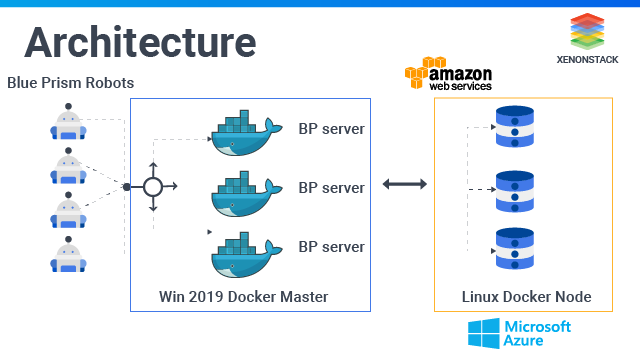
Absolutely, here’s an article on Robotic Process Automation (RPA) Tools:
RPA Tools: Streamlining Business Operations
Robotic Process Automation (RPA) tools have become integral for businesses seeking efficiency through automation. These tools revolutionize workflows by automating repetitive tasks and streamlining operations.
Understanding Robotic Process Automation
RPA involves using software robots or “bots” to automate routine, rule-based tasks traditionally performed by humans. These tools mimic human actions within digital systems to execute tasks.
Task Automation and Efficiency
RPA tools excel at automating repetitive tasks, such as data entry, form filling, and report generation. By handling these tasks, RPA boosts operational efficiency and frees human resources for higher-value work.
Enhanced Accuracy and Consistency
One of the key benefits of RPA is its ability to perform tasks with precision and consistency. Bots execute tasks accurately, reducing errors associated with manual processes.
Integration Capabilities
RPA tools integrate seamlessly with existing systems and applications, allowing organizations to leverage automation without significant infrastructure changes. This facilitates faster adoption and implementation.
Cost Savings and Scalability
The implementation of RPA tools can result in cost savings. By automating tasks, businesses can optimize resource utilization and scale operations as needed.
Workflow Optimization
RPA tools analyze and optimize workflows by identifying bottlenecks and inefficiencies. They streamline processes, improving overall workflow performance.
Improved Compliance and Reporting
RPA ensures adherence to regulations and standards by executing tasks consistently and generating accurate reports, aiding in compliance efforts.
Employee Empowerment and Collaboration
Contrary to replacing humans, RPA empowers employees by handling mundane tasks, allowing them to focus on strategic initiatives and creative work. It fosters collaboration between humans and bots.
Challenges and Implementation Considerations
While beneficial, implementing RPA tools comes with challenges such as selecting the right processes for automation, ensuring security, and managing change within the organization.
Future of RPA
The future of RPA is promising. As technology advances, RPA tools will become more sophisticated, incorporating AI and machine learning to handle complex tasks and decision-making processes.
For more insights on Robotic Process Automation Tools, visit here.
Feel free to adjust or expand any section to better fit your specific interests or requirements!
